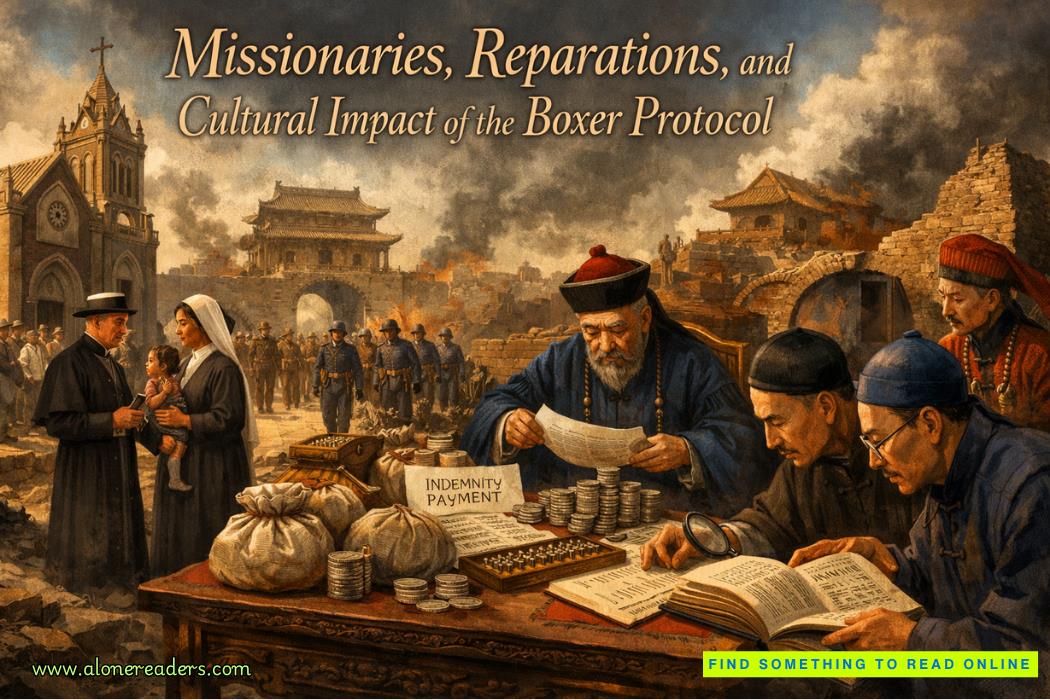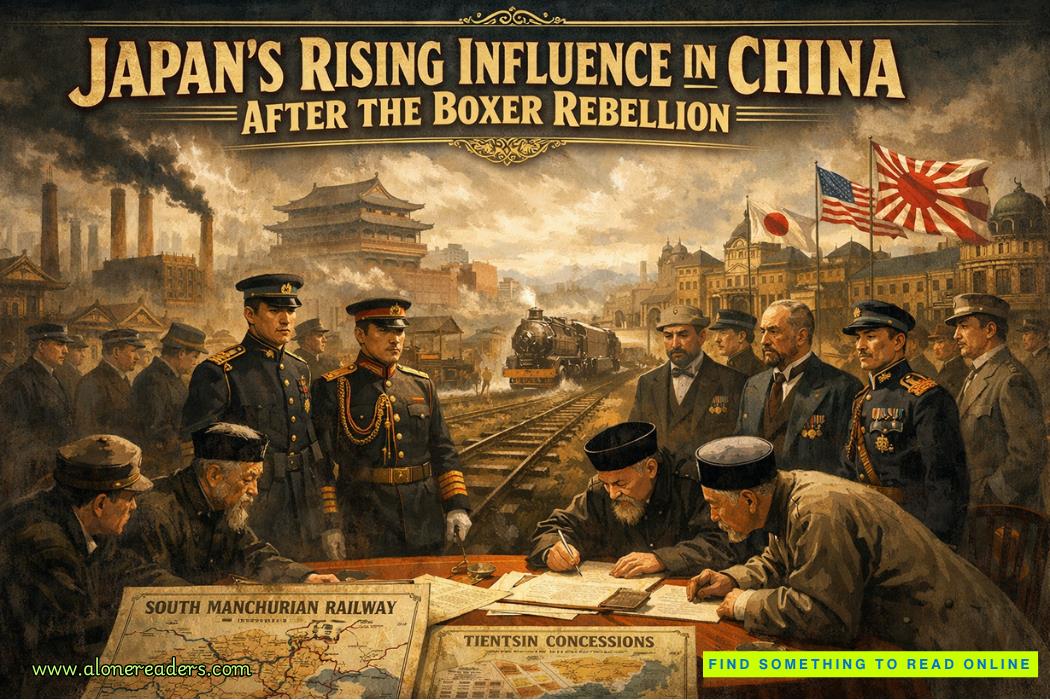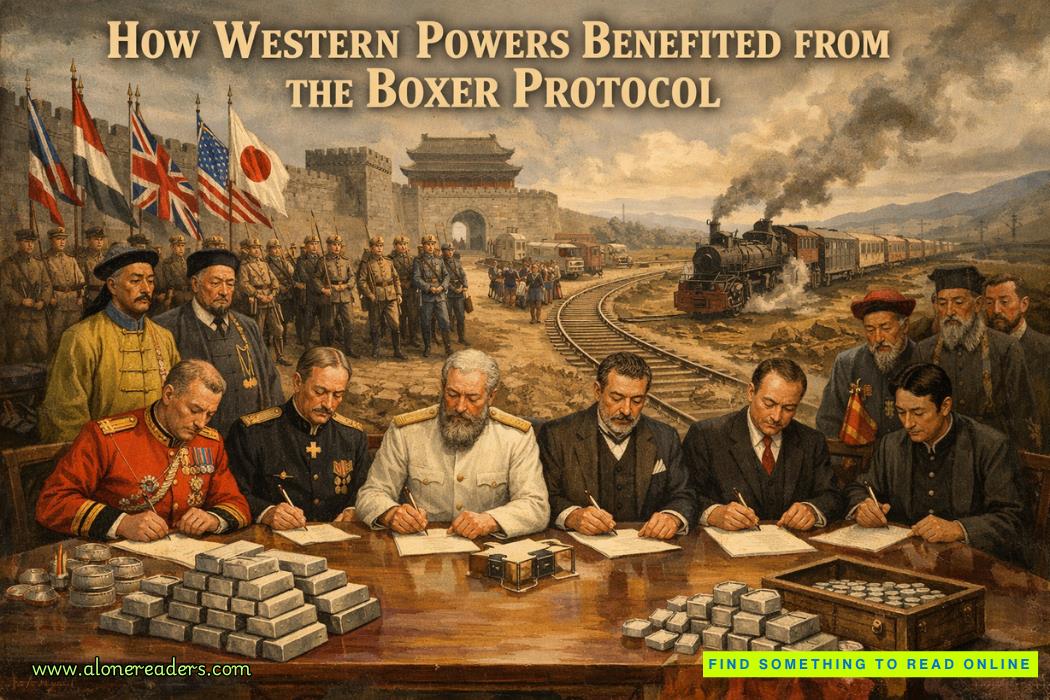“… I had no time,” Estevan replied. “I had a murder to solve—the murder of the tribunal who should have received that report, may I remind you. It was not high on my list of priorities.”
Garza eyed him. “Who bore witness to her death?” The question stunned Estevan, and the tribunal repeated it. “Who can testify the bleakwitch was duly executed?”
A shiver of dread ran down Semras’ spine. Something felt wrong, terribly wrong. “I saw the report on his desk—”
“Wait until you have been addressed before speaking, witch,” Tribunal Whitmore sneered.
“Sir Ulrech var Hesser did,” Estevan answered. “He joined me from Castereina after Sir Jaqh’s demise, a few days before her capture. He was present when she burned at the stake. The locals also assisted to the—”
Whitmore scoffed. “Your loyal Venator knight is no neutral party. As for the locals, they are weeks away and cannot confirm your words.”
“And even if they were, how could they? When the bleakwitch in question stands here among us?” Garza said, pointing his finger down.
Directly at Semras.
Chapter 38
Blanchingrapidly,Semrasstaredat the accusing finger. “… What?”
“No …” Estevan breathed. “No, oh no. This is not happening; this is not …”
Garza’s smile broadened. “Let us all consider this for a moment: Inquisitor Velten tried to frame Warwitch Leyevna to protect his new mistress—the true murderer of Tribunal Torqedan and the bleakwitch who stands before us today. It is still just a theory as of now, but one that some rigorous questioning will surely prove right.”
Still sitting, Cardinal Velten turned toward the tribunals. “I am afraid I do not follow how you have come to such a … conclusion, Your Honours.”
“Is it not obvious, Your Eminence? The clues are plain to see. All we needed was to put them together to discover the truth of this matter!” Pajov replied. The sagging skin beneath his chin quivered with outrage. “Her mother is from Endor, a Coven long since suspected by the Inquisition of lurking between the Torremale and Anderas Mountains up north. Whata coincidence, when he just came back from ‘dealing’ with a bleakwitch in that very same area.”
“And once you consider Inquisitor Velten’s known history of consorting with witches …” Tribunal Garza said, his smile sly and vicious. “One from whom he sired a child … Well, he would hardly be the first man to desert a pregnant woman for a new one. By his own admission, he was even alone to deal with the bleakwitch while his Venator knight travelled up north to join him. It takes weeks to cross the peninsula. Who can tell what happened in between that time?”
Tribunal Whitmore cleared his throat. “Two weeks. Inquisitor Callum asked the witch to confirm whether it had been two weeks since she had been consulted on the crime, and she answered yes. And then, she affirmed that their trip had taken two days from Bevenna to Castereina—and that she had gone to work as soon as she arrived. Which gives us …” He shuffled through the papers set before him, found the one he sought, and then brandished it. “… if we look at the dates on the report … two days with none of her movement accounted for between reaching the city and the moment she examined the body! What happened during those two days? Why conceal them behind a lie? Had Torqedan truly died by then, or was he still alive? His body was kept cold—or so Inquisitor Velten affirmed—so there is no way of knowing the exact time of death.”
A breath shuddered out of her. In trying to avoid being questioned about the unusual time they took to reach Castereina, she had unknowingly destroyed her own alibi.
Cael clicked his tongue. “You forget my testimony, Your Honour. I witnessed myself the last moments of—”
“Youforget that you recused it when you chose to act as a defender,” Whitmore replied. “How can we consider your testimony as trustworthy when it is in your interest now to make us believe it? Besides, you accused your own brother over thisentire matter, and then you came here accompanied by the witch … Was it she who asked you to do both these things? Have you been compromised by the bleakwitch as well, Inquisitor Callum?”
“Enough! She is innocent!” Estevan snarled, fighting the chains around his wrists. “She just made an innocent mistake in recalling the time! If anyone lied here, it was me!”
“Oh, we know that, boy,” Garza sneered. “You professed not knowing her when she was brought in by Inquisitor Callum, yet you clearly do. I do not doubt a woman burned in the Anderas; I simply doubt it was the Bleak one.”
“Alas, it would not be the first time this happened,” Tribunal Pajov said. “Men have always been fallible to the wiles of witches.”
Garza snorted. “Even the vilest of witches, it seems … He took ableakwitchas a lover. Radiant Lord save us all.”
“This accusation is beyond the purview of this trial, Honourable Tribunals,” Cael said.
“It is within the purview of this trial, Inquisitor, as her testimony is now officially rejected. Her relationship with the accused may have altered its veracity,” Tribunal Whitmore declared.
Cael stepped closer. “Then I request to reconvene the trial on a later day. While the timeline does not add up, I have a witness who can corroborate the exact length of the trip and the whereabouts of all involved parties.”
“Estevan was accompanied by Venator sword-bearers as well,” Cardinal Velten said. “I asked the Confraternity to send them to him myself. Could we not ask for their testimony about this trip too?”
“Your Eminence,” Tribunal Garza said. “Have you not yet been made aware that your boy killed one of them and imprisoned three others for the sake of the witch? Please do bring them in,I say, and let’s see what they think of her.” A sly, mocking smile twisted his face.
Semras shuddered. They were trapped.
The sword-bearers could confirm she hadn’t arrived in Castereina as early as she pretended to, but they’d also most certainly speak of their fear and suspicion of her as well. And they’d reveal many other things that would only confirm her status as Estevan’s lover. Even with a better timeline to defend herself with, Semras bet the vicious old men would only find another excuse to put the blame of Torqedan’s death on her shoulders. Their version of ‘justice’ was so tainted by their prejudice, the tribunals would never even consider the possibility of being wrong—not unless she offered them solid proof she hadn’t done the crime. And how could she prove a negative?















